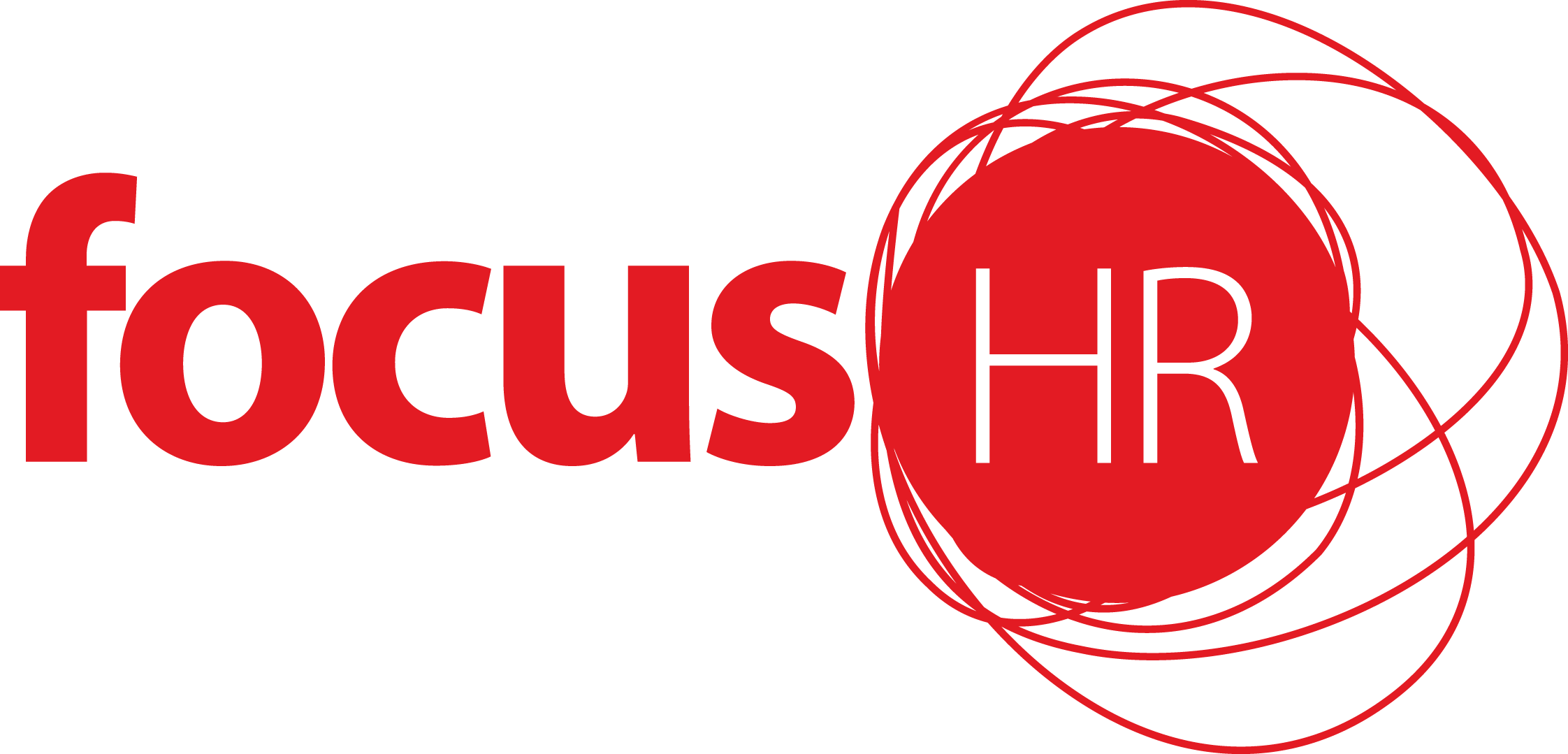I was listening to a Brené Brown podcast recently and right at the end she spoke about how receiving feedback is never easy, particularly given that not everyone is trained in how to deliver feedback.
And I thought it was such a powerful message.
I speak about feedback as being one of the most precious gifts that you can give. I believe it is a sign of ultimate respect, because if someone is willing to take the time and to be brave enough to give you genuine feedback, it means that they must care about you enough to take that leap. Because giving feedback can also be incredibly scary.
And what Brené said was 100% right.
Not everyone is trained in how to give feedback – in fact very few are. Which means that even when we can see it as a sign of respect and a precious gift, it doesn’t always come across that way. Often this is simply because the person delivering the feedback is not trained in the ‘art’ of doing it in the right way.
As the receiver of feedback – particularly when it’s negative or delivered in the wrong way – we have a choice to make. We can take offence, be dismissive, reject it completely or take it personally. Or we can look past the clumsiness of the delivery to ask the question ‘is their genuine, well-meant intent behind this?’. And if there is, we need to choose to consider the message rather than the delivery, understanding that it’s often simply a lack of training or knowledge in how to provide feedback.
It’s important to realise that if we place too much emphasis on the delivery and fail to receive the message behind it, we risk shutting down any future feedback. Because when someone sees us taking offence, being dismissive or lashing out in return it will shut down their willingness to give us that gift again. And so where there is an art to giving feedback, there is also an art to receiving it, regardless of how it might be delivered to you.
When I receive feedback, I ask myself three key questions. The first one is ‘Is there truth, or even just an element of truth, in what has been said?’. And it’s important to remember that someone else’s truth, someone else’s perspective, is not necessarily my truth, so I need to ask myself the question, ‘Is there truth in the feedback for me?’
My second question is ‘What should I do with this?’ Not all feedback requires an action. I may receive it, and I may see that there is truth in it, but I may also accept that the way that I show up that led to the feedback is actually how I want to show up, and therefore there is no change required. Or I may hear the feedback, see the truth in it and decide that, actually, that means that I really do want (or need) to make a change.
And my third question is ‘How should I be responding to the individual that gave the feedback?’ (or the team if it is group feedback through a survey or 360 process). Do I need to say thank you? Do I need to let them know what I’ve decided to action? Do I need to ask more questions to gain better clarity on what is being conveyed and what I might need to do with it? Deciding consciously how to respond is a key part of the loop, and it’s the ability to process those questions and then respond in a constructive way that will encourage ongoing feedback.
Circling back to one of my earlier points, giving feedback takes bravery. And when we feel like we are punished for giving feedback through a negative reaction, it reduces the likelihood that we will be brave again. As a leader, regardless of whether you see truth in feedback and regardless of whether it is something that you decide that you need to take action on, feedback is gold. If you shut it down just because you think there’s no truth in it, or because it has been delivered clumsily to you, you are losing one of your best opportunities to reach your full potential – to be the most effective leader you possibly can be.

